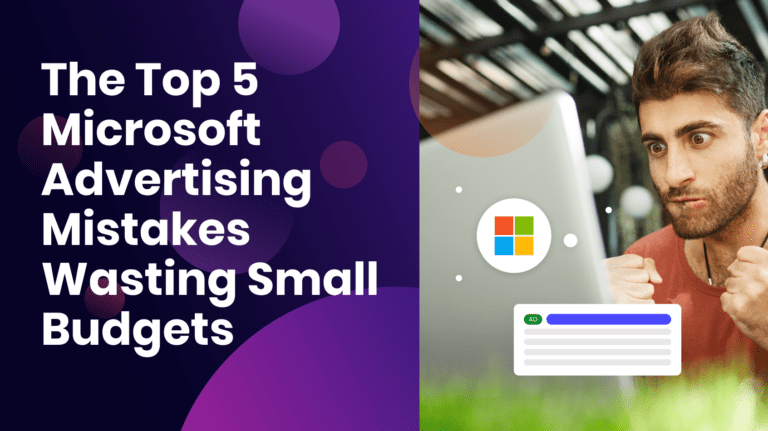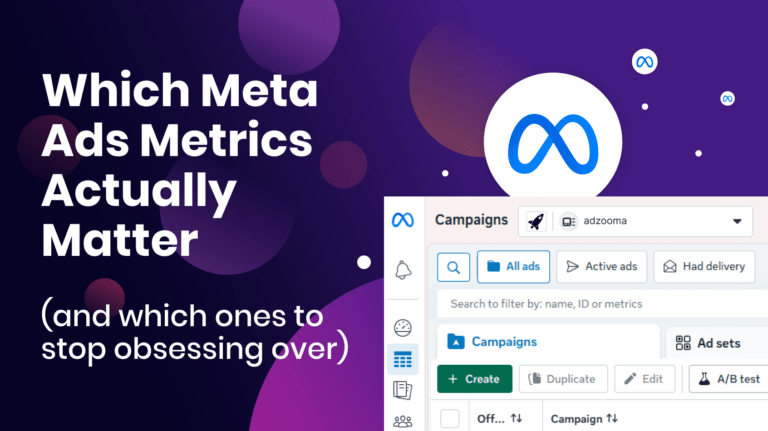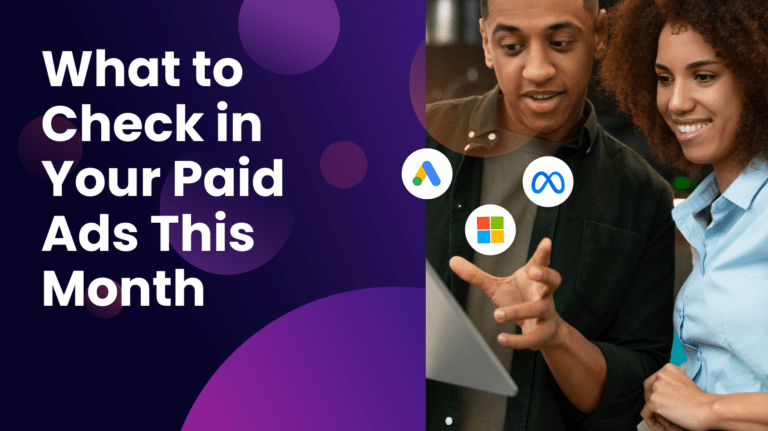Your business’s online presence determines its profitability in this internet age. As such, where you choose to focus your marketing efforts is a critical decision. Many options are available to you, but PPC channels have proven effective. The trick lies in selecting the right PPC channel for your business. Search and Shopping are two popular ones which you need to consider. At the same time, the online marketplace’s dynamic nature means what works today may not do so tomorrow. Therefore, you need to be careful which one you focus on. This article answers the question, ‘Search or Shopping? Which channel should I use?’
First, what is PPC?
PPC (Pay Per Click) is an Internet Marketing Strategy where you pay each time a person clicks on your link and visits your online store or website. It differs from organically generating interest in your website or other online channels, in that you pay to have visitors get to you. For example, search engine advertising gets you plenty of interest when you pay the search engine companies to have your links placed at the top of search engine results pages where visitors are most likely to click on and visit your site. This marketing model usually makes significant profits for businesses since a click costs a fraction of what a visitor is expected to spend on your business.

What is Google paid search?
Google paid search is a PPC channel option where businesses bid on keywords to get a chance to show ads on google search results pages. This is based on the behaviour of people online who tend to visit the first few links on the search results page. Therefore, appearing in that section guarantees you visitors.
How do Google Paid Search Ads work?
You bid against other businesses for those slots. First, you identify your target keyword and then make a bid for it. Remember, other entities also bid on the same keyword. Google decides who wins by establishing the cost per click, and comparing it with your maximum bid. For instance, if you bid £10 for it and Google determines the cost per click is £7, you win the bid. If the price is £11 or more, you lose to the company that bid higher. This is how you get your ad placed at the top of the search engine results pages. Additionally, your bid is affected by three variables:
• Cost-per-click, which is how much you’ll pay when a user clicks on your ad,
• Cost-per-mille (CPM), which is how much you’ll pay for every 1000 ad impressions, and,
• Cost-per-engagement (CPE), which is how much you’ll pay when a visitor opts to take specific steps through your ad. It could be registering on your site, watching your video content, or any other action.
When is Google Paid Search Ads most ideal?
This PPC channel works best for any business selling online, which enjoys a similar website conversion rate and customer value as the competition placing bids on the exact keywords. You only need to learn more about your competition by using keyword tools to determine if there is traffic for products in your niche. Next, find out if the competition has bid on those keywords. If they do, compare your site with theirs to see where you perform better. If you are at par or close, proceed to outbid them. That initial investment will pay off well.

When should you not use Google Search Ads?
If you just introduced a new product in the market, paid searches won’t work for you. People need to be aware of something and actively look for it for paid search to work effectively. Therefore, your focus should be first on creating brand and benefits awareness.
Similarly, if your assessment of the competition reveals you lag significantly behind, paid searches won’t make a difference. Focus first on improving your online presence and website performance to get close to your average competitor.
What is Google Shopping?
Google Shopping, specifically Google Shopping Ads, is a type of PPC Solution that appears on the search engine results pages similar to Google Search but offers more detailed information about what you’re selling. These ads are especially beneficial for online stores since they conveniently connect a person to your store who happens to be shopping for goods you sell.
How does Google Shopping Ads work?
A person searching online using specific keywords will view an image of the product on the search results page, along with a title, your store name, price, and such details. The product images work well for businesses since they satisfy a searcher’s need for answers while marketing your wares. Images always bear a significant marketing impact over the best words you can write.
When are Google Shopping ads most effective?
These ads work best for any online retailer whose products are priced cheaper than their competition. Google prioritises lower prices, thus favouring businesses that price accordingly. This doesn’t mean you shy away from using this solution. While you might get less traffic, it is traffic nonetheless that could most likely land you a sale.

Who should avoid using Google Shopping Ads?
If you sell high-end luxury items, this strategy won’t work for you. For example, if your closest competition sells their products at 10% of your asking price, you’ll generate such low traffic, making this strategy useless.
Search or Shopping: Do they work well together?
To answer this question, let us consider when each solution is most effective:
Reasons to use paid search ads
Supplementing organic traffic
Building up a sizeable chunk of organic traffic takes time, which most businesses can’t spare. Paid search connects people to your products directly and much faster. Therefore, you can rely on paid searches for short-term success as you build up your organic traffic.
For capturing high-quality leads
Paid search allows you to use specific keyword combinations to capture the attention of a target audience, and negative keyword combinations, so your ad doesn’t come up when users apply keywords irrelevant to your offerings. Such precision enables you to reach a specific segment of the market.

When selling emergency products
The short-term and impactful nature of paid searches works well when you need to sell products necessary in an emergency. For example, if someone urgently needs a locksmith and you offer emergency locksmith services.
You thrive in a short sales cycle situation
If your products and services work best in a short sales cycle, paid searches work well for you since those who’ve engaged you don’t need repeat marketing.
Your budget is limited
A limited budget needs you to be highly intentional with who you reach out to and where you’re confident you’ll make a sale.
Reasons to use shopping ads
Your offerings are more visual
When customers shop for clothing, home décor, etc., they must see those items on display.
You have a long-term sales cycle
This solution works for you if you need to advertise for longer to land a sale. For example, if you sell cars, you know most customers will need time to prepare. Therefore, you need to keep marketing to them for that duration.

You need to make those with passive intent aware
Not everyone online is ready to buy. Therefore, you can use visual elements to make them aware and build intent in them.
To impact niche markets
Display Ads work well to increase brand awareness for customers already interested in your offerings.
Conclusion: Search or Shopping? Which channel should I use?
While each PPC channel serves specific purposes, helping improve brand awareness, you shouldn’t take an ‘either/or’ approach. Instead, analyse your marketing needs to see how far you’ll go with each as you allocate your marketing budget for the best results. Let us help you approach this problem strategically through our experience and expertise. Sign up for our services, and be on your way to reaching your target market effectively.




